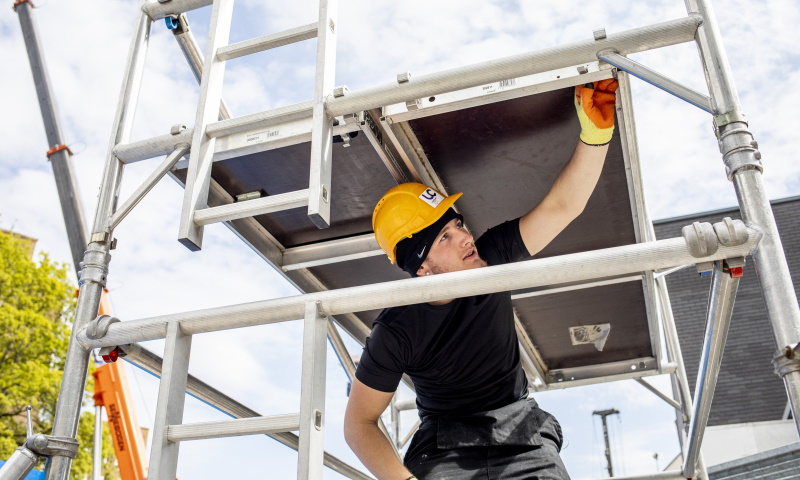If you are interested in gaining foundational knowledge and skills related to domestic retrofit, this Level 2 qualification is an excellent starting point. It is particularly suitable for those who want to understand the principles, processes, and safety considerations involved in retrofitting homes to improve energy efficiency and meet modern standards.
What experience and skills will you gain?
Through this course, you will acquire the ability to:
- Interpret Domestic Retrofit Information: Understand and use various documents like drawings, specifications, and risk assessments. Learn about different types of construction, energy efficiency measures, and applicable legislation.
- Health and Safety Proficiency: Identify relevant health and safety legislation, respond to emergencies, and understand typical reporting procedures.
- Material Identification: Recognise the key characteristics of materials used in domestic retrofit and ensure they conform to specifications.
- Risk Management: Maintain a safe, clean, and tidy work area, protect surrounding areas from damage, and properly dispose of waste.
- Installation Principles: Grasp the basic principles of domestic retrofit installations, including pre-installation checks and dealing with common building defects.
-
Campus
This course will be delivered at London South Bank Technical College - Nine elms
-
What do you need to apply?
Applicants should have a keen interest in the field of domestic retrofit and a basic understanding of construction principles. No prior qualifications are required, making this course accessible to those new to the industry.
-
How will you be assessed?
Assessment for this course is conducted through a mandatory knowledge assessment comprising 35 multiple-choice questions. You will have 50 minutes to complete the assessment, and a passing score is 25 out of 35.
-
Where can this course take you?
Completing this Level 2 qualification in Understanding Domestic Retrofit can open doors to further education and career opportunities in the construction and energy efficiency sectors. You may choose to advance to higher-level courses or take on roles such as a retrofit assessor or coordinator, contributing to sustainable building practices and improving energy efficiency in homes.




